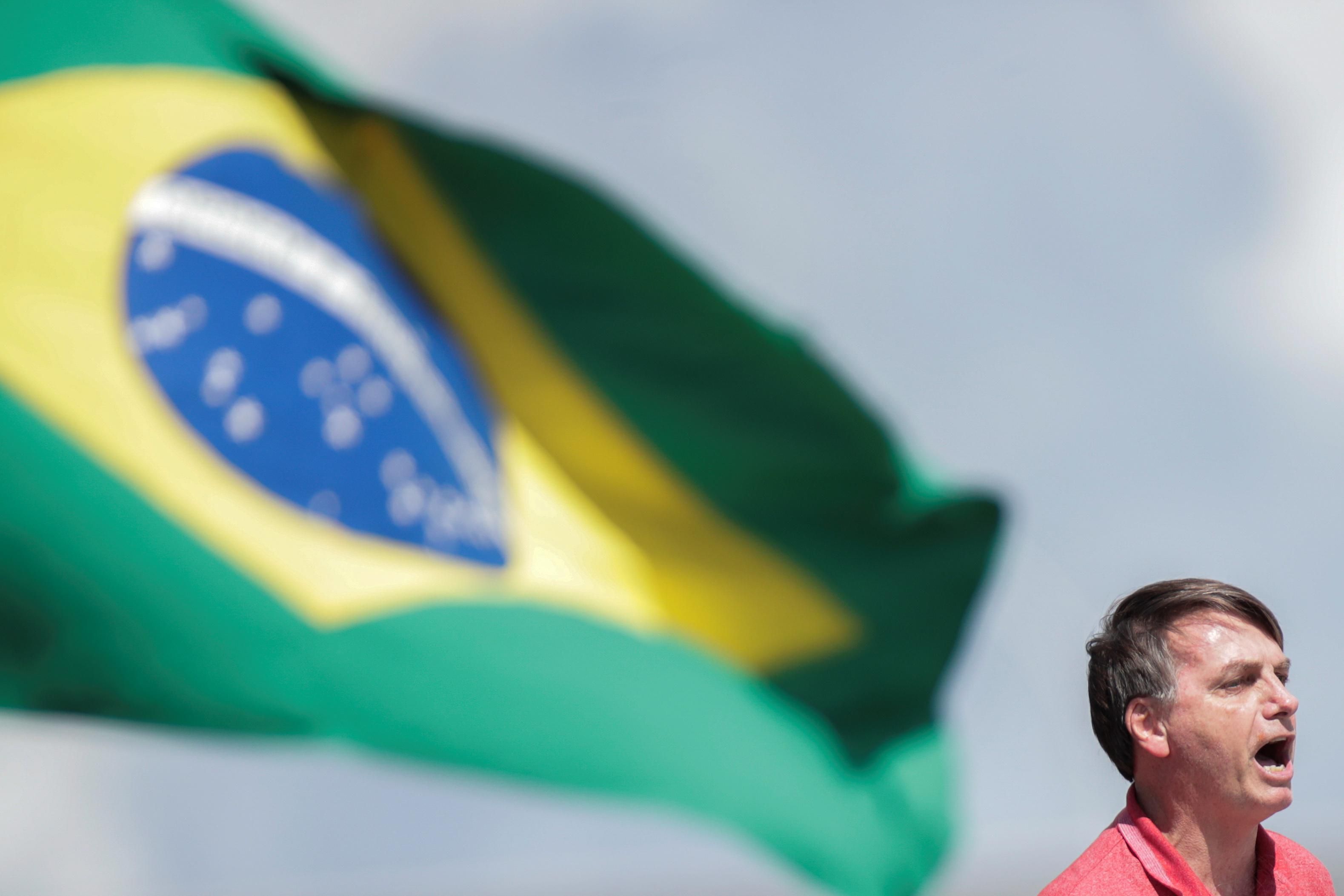What We’re Watching: Military pushback against Bolsonaro, new HK “election” rules, Catalan separatists bicker
Bolsonaro reshuffles, brass revolts: For the first time in Brazil's history, the heads of the army, air force, and navy all resigned at once on Tuesday. The move came in response to President Jair Bolsonaro's decision a day earlier to force the resignation of his defense minister, along with half a dozen other top officials, in a bid to reassert his leadership amid a chorus of criticism over his disastrous handling of the pandemic and soaring COVID deaths. Bolsonaro, a former army captain himself, is famously nostalgic for Brazil's dictatorship, and his armed forces chiefs reportedly took exception to the president's attempts to establish excessive personal influence over the military himself. Bolsonaro is now facing the biggest crisis of his presidency, with his approval rating plummeting and threats of impeachment circulating anew. Meanwhile, the pandemic — which he has repeatedly downplayed in terms ranging from merely smug to dangerously incompetent — is claiming more lives in Brazil daily than anywhere else in the world.
Only Chinese "patriots" can now run in Hong Kong elections: China on Tuesday officially made sweeping changes to Hong Kong's election rules that cut the number of directly-elected lawmakers by nearly half, and require candidates to show that they are "patriotic" if they wish to run. Carrie Lam, Beijing's handpicked leader for Hong Kong, insists that no one will be ruled out for holding any particular political views as long as they swear an oath to Hong Kong's laws (which have been rewritten by China), but opposition leaders aren't exactly convinced. Ahead of elections now scheduled for December, pro-democracy activists will have to decide if they are willing to protest again, which would now mean braving the possibility of terrorism charges under China's 2020 security law.
